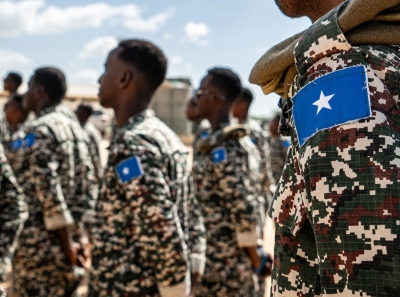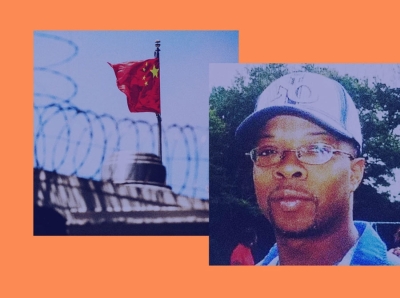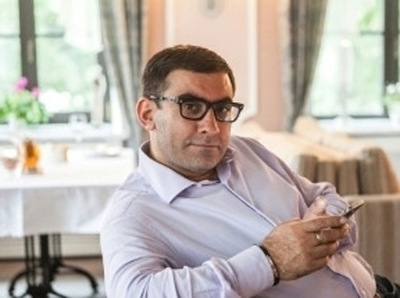Haiti on the brink of collapse: how to help?
The unrest in Haiti continues even after the resignation of Prime Minister Ariel Henry on 12 March: armed gangs control parts of the capital and key transport hubs, storming state institutions, looting and exchanging gunfire with the police. Hundreds of thousands are displaced and on the brink of starvation. Europe’s press analyses the causes and looks for solutions.
Only a rapid action force can restore order
The Times welcomes UN Secretary-General António Guterres’ call for a multinational police and military rapid action force to be sent to Haiti:
“It is hard to see how anything less can provide safety and secure order. The purpose of such a deployment would be strictly limited. It would be to remove the gangs from critical infrastructure and transport hubs, including ports and airports, and establish humanitarian corridors within which aid in the form of food and fuel could reach a beleaguered people. An international force working with the police would have a chance of interdicting the flow of weaponry to the gangs. ... This is no panacea, as the country’s future lies with its people. But unless Haiti’s people are protected from arbitrary violence and imminent starvation, their future will be barren indeed.”
The West also to blame here
Christopher Gurk, Latin America correspondent for the Süddeutsche Zeitung, recalls:
“After the devastating earthquake in 2010, one of the largest recipients of emergency aid was a US consulting firm. At the same time, Washington and the West continue to interfere in the country’s politics: sometimes they supported bloodthirsty dictators, other times it was dodgy politicians who used armed gangs to secure their power. The fact that these gangs are now controlling and terrorising large parts of the country is therefore also the West’s fault. And for this reason alone, it must not turn its back on Haiti.”
A long and painful path
Commenting in France Inter, columnist Gallagher Fenwick analyses what’s at stake for Haiti:
“For the world’s first independent black republic, radical solutions would involve painful choices. Having driven out the French colonisers in 1804, Haiti may now have to accept a kind of tutelage. It would have to start from scratch, engage in ‘nation building’, as the Americans call it, and temporarily renounce its sovereignty. During this time, the international community would rebuild the state and its services. The first priority, of course, would be to restore security. But the more time passes, the more the gangs consolidate their control over the island.”
Unstable areas expanding fast
Diena is not surprised:
“All this anarchy doesn’t really come as a surprise to anyone, because Haiti has long been at the top of the list of failed states worldwide. .. But what is really shocking isn’t the lack of interest in what’s going on in Haiti but the fact that the areas of instability continue to expand and are becoming a problem of global proportions. Hushing this up, as various institutions are trying to do, only makes matters worse.”









